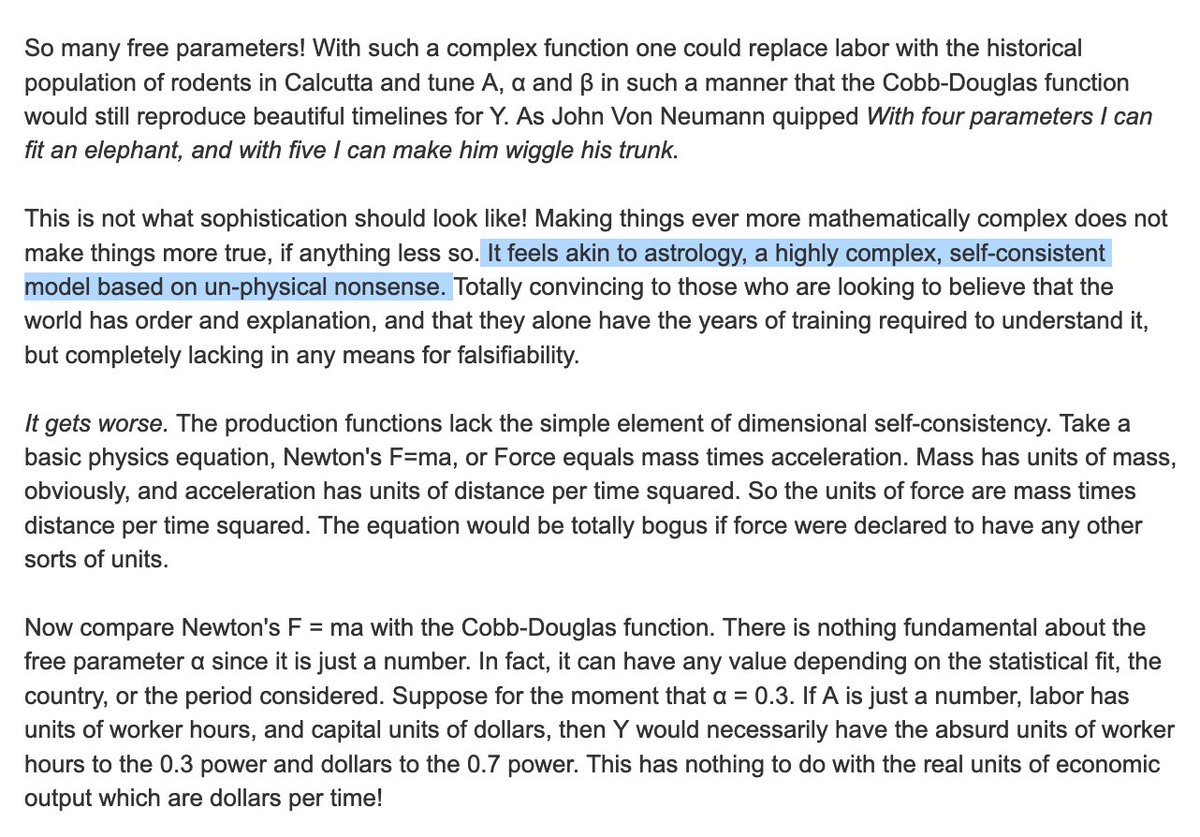
Good paper @peteirvine 2011. Only: what "other" schemes? All climate geoengineering is illusory (DAC, CCS, re/afforestation). They exist in models, but can't physically reach global scales, given real-world energy & material constraints. SAI is contested.
Hence the predicament.
Hence the predicament.
https://twitter.com/nephologue/status/1490794868511178755

From Tim's research: renewables and efficiency, the workhorses of climate policy, increase economic production and GHG levels.
Hence the predicament.
Hypothesis 3:
MEER aids structural change to decouple economic production from global metabolic needs.
journals.plos.org/plosone/articl…
Hence the predicament.
Hypothesis 3:
MEER aids structural change to decouple economic production from global metabolic needs.
journals.plos.org/plosone/articl…

@nephologue's other counterintuitive finding: resilience (= the goal of MEER) increases global prosperity and CO2. Resilience prolongs the growth phase at the cost of delaying and deepening collapse.
We need to decide what we want - a question of ethics.
esd.copernicus.org/articles/3/1/2…
We need to decide what we want - a question of ethics.
esd.copernicus.org/articles/3/1/2…
@nephologue Two views:
Climate effects (on Earth's radiative balance, after accounting for (in)direct impact on ecology, crop yields, greenhouse gas concentrations, albedo, etc.).
Economic effects (human sustenance).
Tim doubts the former. IMHO it merits research.
Climate effects (on Earth's radiative balance, after accounting for (in)direct impact on ecology, crop yields, greenhouse gas concentrations, albedo, etc.).
Economic effects (human sustenance).
Tim doubts the former. IMHO it merits research.
https://twitter.com/nephologue/status/1490384862682882048
@nephologue Context: How we view such policy depends on what counterfactuals we take. @peteirvine models only up to 2xCO2 and 4°C MAT change in Europe. In reality, we'll reach this within decades - and then keep going. Monsoon and jet stream will be disrupted once the Arctic is sea ice free. 

@nephologue @peteirvine As top soils heat, the difference between C3/C4 plants becomes vital. Is it possible to slow the decay of the terrestrial carbon sink & advent of Hothouse Earth futures? Some ecological policies may help. We'll need all help possible, as early as possible. newscenter.lbl.gov/2017/03/09/soi…
• • •
Missing some Tweet in this thread? You can try to
force a refresh









